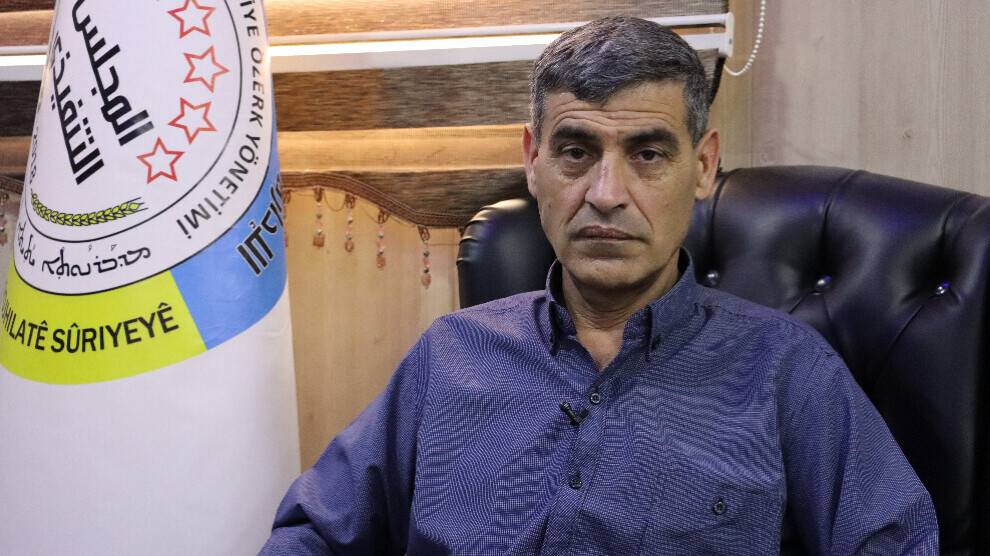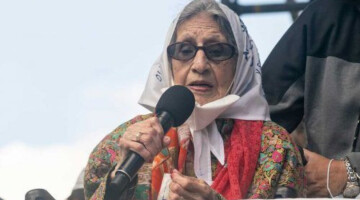The Arab League had suspended Syria's membership a few months after the outbreak of the crisis in Syria in 2011. The government in Damascus rejoined the Arab League after twelve years.
Hesen Koçer, deputy co-chair of the Executive Council of the Autonomous Administration of North and East Syria (AANES), spoke to ANF on the issue.
How did Syria's return to the Arab League come about and how do you assess this development?
We were not against Syria joining the Arab League, but we demanded that the Arab League solve the existing problems with Syria and its people and not accept the old panorama. If the problems are not solved politically, Syria joining the Arab League alone will not be a solution option. We have called on the Arab League to support the government in Damascus and the Syrian people to solve the problem through political and democratic means. As the autonomous administration, our goal is a political and democratic solution.
In a declaration you recently published, you set out demands and a framework for a solution. How will this be implemented?
Since the Syrian revolution, we have been in favour of solving the problems with political methods. We want to solve the crisis in Syria with a decentralised administration within the territorial and political integrity of Syria. If the Arab League accepts Syria as it is, there will be no solution to the Syrian crisis. The Arab League should take a role in changing Syria’s approach towards the Syrian people, and its main condition should be on this basis. If the problems are not solved through political methods, the crisis will continue. If the government in Damascus wants to continue with its system, there will be great disasters. Such an approach would lead to the disintegration of Syria's territorial integrity. The autonomous administration is not a danger for Syria, it offers a reasonable solution.
THE DANGER IS THE TURKISH OCCUPATION
We also express to the Arab League our readiness to solve the problems together. Since the revolution, the autonomous administration has defended the territorial integrity of Syria against terrorism, protected the Syrian people and has not abandoned Syrian territory to terror. It is the Turkish state that has done the opposite. Looking at its recent statements, it wants to reach Aleppo. The attitude of the government in Damascus must be national. The autonomous administration is not a threat to the Syrian state. Our recent statement is also clear and not a tactic. It is a strategy to solve the Syrian crisis in Syria, within the territorial integrity of Syria and with the Syrians. Therefore, we assume that all the problems of the Syrian people can be solved. We will continue to expand our activities in this context. If there is an opportunity, we will also sit down at the table and discuss.
How can the Arab League be involved in or contribute to your declaration for a solution for the whole of Syria?
The Arab League should also support it. It should mediate between the autonomous administration and the government in Damascus. The Arab League should hear first-hand how we want to solve the crisis in Syria. The return of the Syrian government to the Arab League does not mean that the crisis in Syria is solved. The Arab League should set conditions for the Syrian government to resolve the crisis. Our approach towards Syria is national. When we talk about Syria, we are not only thinking about north-eastern Syria, but about all Syrian peoples. The crisis in Syria should be solved between the Syrian government and the Syrian people, and not through the interference of foreign forces. This is what the Turkish state is already trying to do. As the autonomous administration, our position is clear and unambiguous. Our position is to solve the crisis through political means. It is not just an economic crisis, but a political, national and democratic problem. The problems must be put on the table and a political solution must be found.















